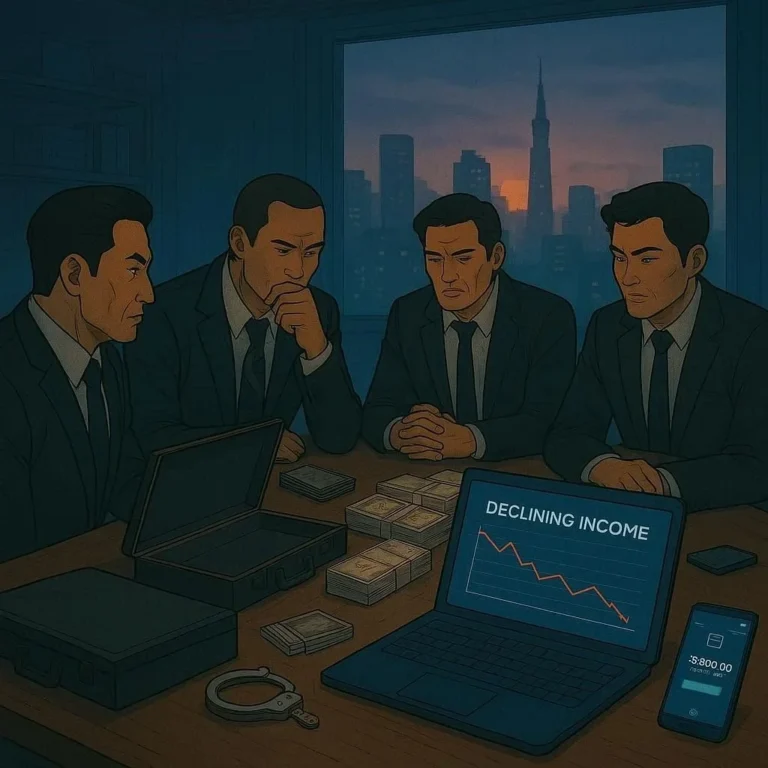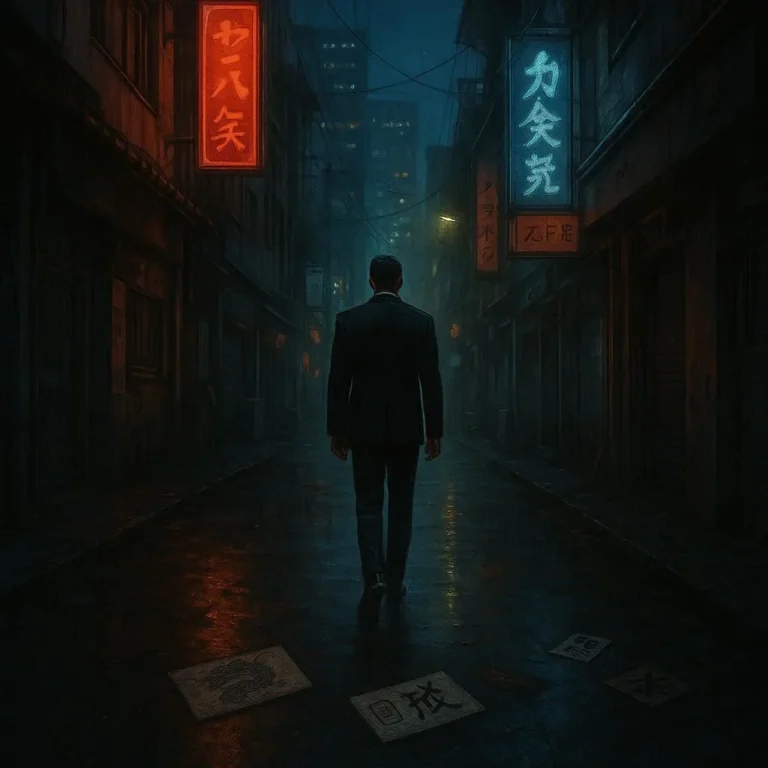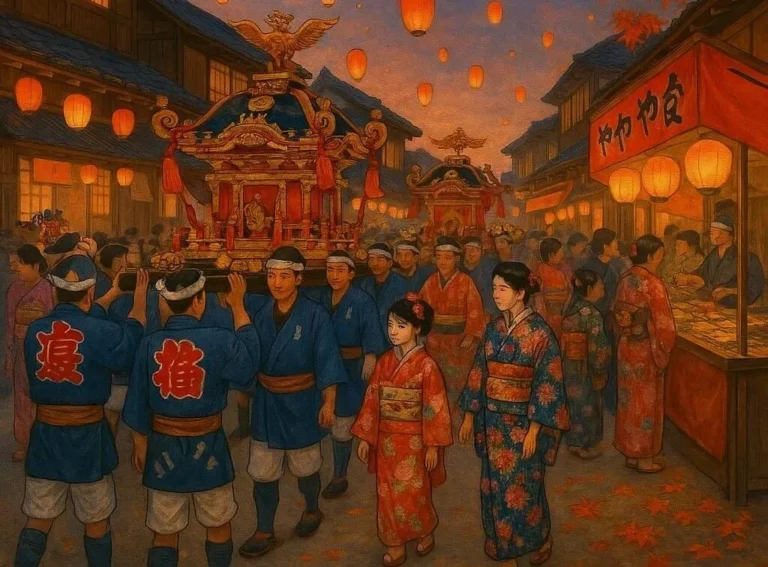505 views Yakuza’s Role in the Underground Economy of Japan
The Yakuza: Unveiling Their Influence on Japan’s Underground Economy
Japan is renowned for its advanced economy, cutting-edge technology, and well-organized society. However, beneath the surface of this seemingly orderly nation lies a complex web of underground activities, significantly influenced by the Yakuza, one of the world’s most infamous criminal syndicates. This blog post delves into the Yakuza’s role in Japan’s underground economy, exploring their operations, impact, and evolving presence in modern society.
The Origins and Structure of the Yakuza
The Yakuza, also known as Boryokudan or Gokudō, traces its origins back to the 17th century. Initially formed as Robin Hood-like figures, they were known for protecting the weak and upholding honor. Over time, however, the Yakuza evolved into a powerful criminal organization with a strict hierarchical structure.
The Yakuza’s Hierarchical Structure
- Oyabun-Kobun Relationship: At the core of the Yakuza is the oyabun-kobun system, resembling a father-son bond. The oyabun is the leader, while kobun are subordinate members who pledge loyalty and obedience.
- Clans and Families: The Yakuza is divided into various clans, each operating under a different leader. The largest clan, Yamaguchi-gumi, accounts for nearly half of Yakuza members.
- Initiation Rituals: Membership often involves rituals like the sakazuki (sake-sharing ceremony), symbolizing the bond between oyabun and kobun.
Understanding this structure is key to grasping the Yakuza’s influence on Japan’s underground economy.
The Yakuza’s Involvement in the Underground Economy
The Yakuza is deeply embedded in Japan’s underground economy, engaging in various illegal activities that generate significant revenue. These activities include:
1. Drug Trafficking
The Yakuza plays a major role in Japan’s illicit drug trade. Despite strict drug laws, they smuggle and distribute substances like marijuana, cocaine, and methamphetamine. According to the Japanese National Police Agency, the Yakuza’s control over the drug market remains a significant challenge.
2. Extortion and Protection Rackets
Known astection, extortion is a common practice. The Yakuza demands protection money from businesses, threatening harm if not complied with. This practice is particularly prevalent in the construction and entertainment industries.
3. Gambling and Prostitution
Illegal gambling dens and sex-related businesses are flourishing under the Yakuza’s control. These activities, while illegal, are lucrative and provide steady income for the syndicate.
4. Construction Industry Infiltration
The Yakuza, or Yakuza-connected companies, often win construction contracts through bids. This practice, known as “ Lyonseru,” involves intimidating competitors to withdraw bids, ensuring Yakuza-linked firms secure contracts.
5. Real Estate and Finance
The Yakuza invests illicit funds into real estate, acquiring properties at below-market prices through intimidation. They also engage in financial crimes like stock manipulation and loansharking.
The Yakuza’s Cultural Impact
Despite their criminal activities, the Yakuza maintains a unique cultural presence in Japan. Their portrayal in films, books, and media often romanticizes their honor code, known as bushido. This duality contributes to public perception and their ongoing influence.
Recent Developments and Crackdowns
In recent years, Japanese authorities have enforced stricter laws targeting the Yakuza, including the 1992 Anti-Boryokudan Law. Efforts to dismantle their networks have seen some success, yet their adaptability keeps them significant players in the underground economy.
The Yakuza’s Global Reach
The Yakuza’s influence isn’t confined to Japan; they operate internationally, involved in global drug trafficking and real estate investment, as highlighted by UNODC reports.
Conclusion
The Yakuza remains a powerful force in Japan’s underground economy, navigating a complex legal landscape. While authorities have made strides in curbing their activities, their cultural significance and adaptability pose ongoing challenges.
Let us continue the discussion in the comments. How do you think Japan can combat organized crime while preserving its unique cultural aspects?
FAQ
Q1: What is the Yakuza?
The Yakuza, or Boryokudan, is Japan’s organized crime syndicate, involved in various illegal activities and deeply rooted in Japanese culture.
Q2: How does the Yakuza influence Japan’s economy?
They impact through illegal activities like drug trafficking and extortion, infiltrating sectors like construction and real estate, generating significant revenue.
Q3: Is the Yakuza illegal in Japan?
While not entirely illegal as organizations, many activities are illegal, and authorities have increased efforts to dismantle their networks.
Q4: What is the Yakuza’s cultural significance?
Despite criminal activities, the Yakuza’s portrayal in media romanticizes their honor code, maintaining a unique cultural presence in Japan.







